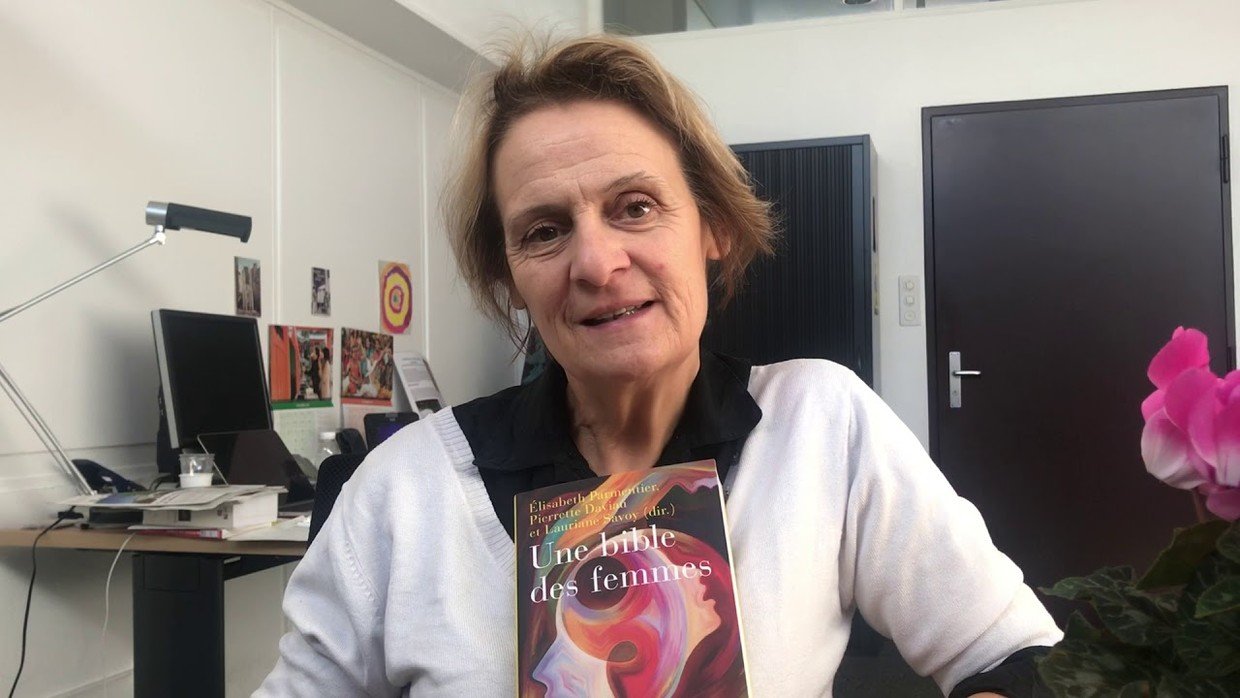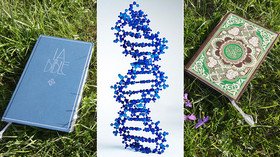#MeToo-inspired feminists write new ‘Women’s Bible’ as current text ‘reinforces patriarchal views’

More than a dozen Catholic and Protestant feminist theologians have rewritten key passages in the Bible that they believe had been misinterpreted or edited, to create what they say is a more faithful and up-to-date scripture text.
“While some say that you have to throw out the Bible to be a feminist, we believe the opposite,” Elisabeth Parmentier, one of the authors of the project, called A Women’s Bible, told AFP.
The idea was born at the University of Geneva, itself once a hotbed of religious reformation, as the adopted home of John Calvin, but the authors say they were inspired by a more recent effort. In the late 19th century radical suffragettes produced ‘The Woman’s Bible’, a controversial text that similarly challenged what the authors felt were diminished roles given to women in the English-language holy book.
For the current effort, which was published in French in October, the academics say that they have taken full advantage of the latest Bible scholarship, to remove “the lingering patriarchal readings that have justified numerous restrictions and bans on women” as well as outright mistranslations.
One example is the well-known passage in the Gospel of Luke, in which Jesus and the apostles visit the household of two sisters, Mary and Martha. In the story, Mary is praised by Jesus for listening to him at his feet, over her sibling, who is too preoccupied with preparing the house for the guests.

“It says that Martha ensures the ‘service’, which has been interpreted to mean that she served the food, but the Greek word diakonia can also have other meanings, for instance it could mean she was a deacon,” said Parmentier.
Another quest has been rescuing Mary Magdalene, the most-named woman in the Gospels, from centuries of inaccurate readings and embellishments that have cast her as a fallen woman or prostitute.
“She stood by Jesus, including as he was dying on the cross, when all of the male disciples were afraid. She was the first one to go to his tomb and to discover his resurrection,” says Parmentier.
The authors also pursued a broader agenda of challenging the use of Bible verses “to reinforce the patriarchal view of society with domesticated women” such as the famed passage in Paul’s letter to the Ephesians, in which he writes: “Wives, be subject to your husbands, as to the Lord.”
“It's like taking a letter someone sends to give advice as being valid for all eternity,” says Parmentier.
While much of the text was completed before the #MeToo scandal broke out late last year, the authors say that their work has acquired a new resonance and urgency in its wake.
“Each chapter addresses existential questions for women, questions they are still asking themselves today,” said Parmentier.
Like this story? Share it with a friend!

















